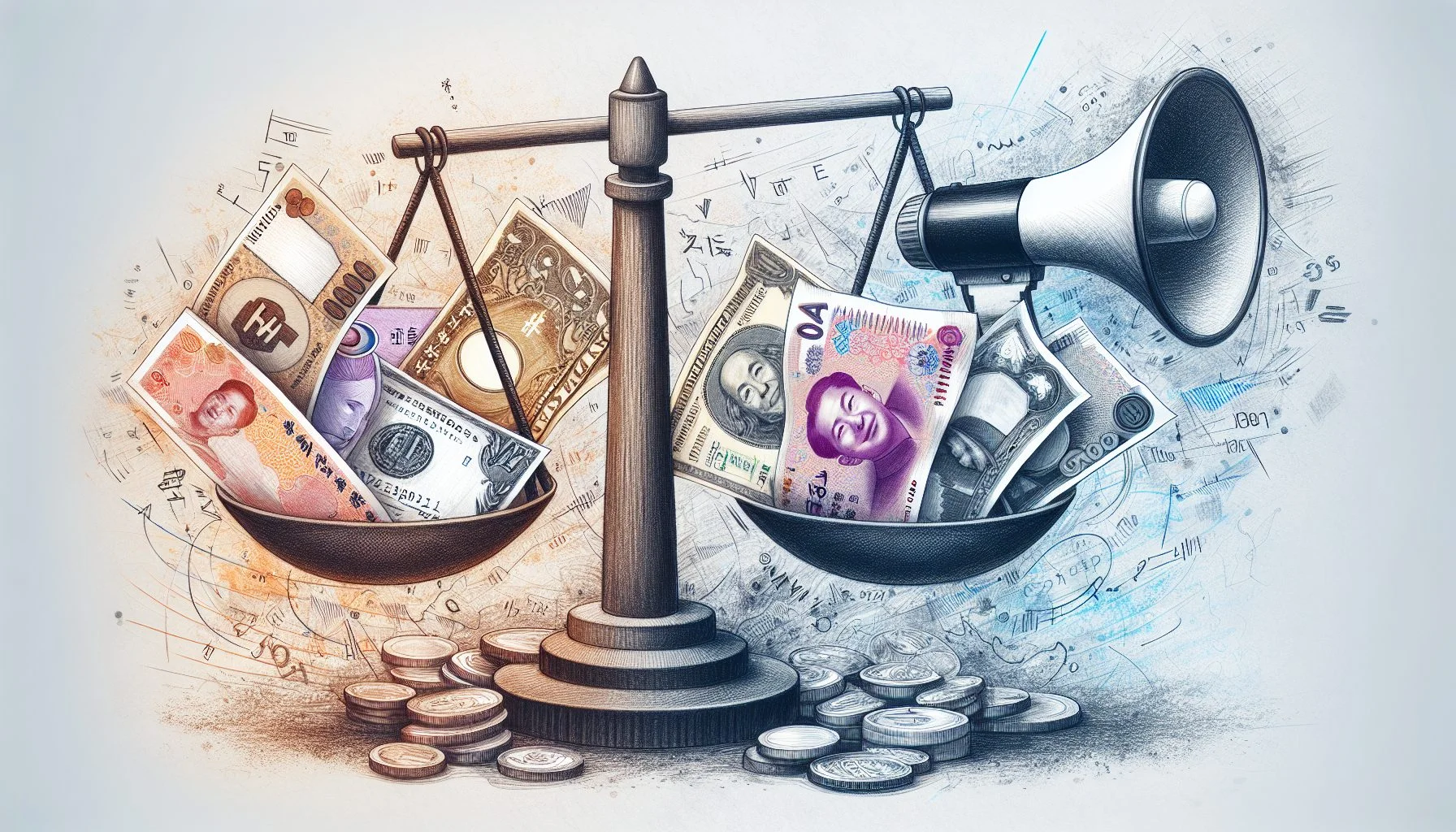Islamabad, Apr 5, 2025: Stock market Boost and across Southeast Asia experienced sharp declines on Friday, as investors scrambled to offload risky assets in the wake of the severe tariffs imposed by US President Donald Trump.
The new tariffs, which have stoked concerns over a potential global recession, sent shockwaves through regional markets, prompting widespread selling.
In Thailand, the benchmark stock index plummeted by 2.8%, marking its lowest point in over five years and bringing its year-to-date losses to a staggering 19.4%.
Meanwhile, Vietnamese stocks took a harder hit, sinking as much as 5.8% to their lowest level in 15 months, following a nearly 7% drop the previous day.
The sell-off in Vietnam appeared to be broad-based, signaling that investors remain uncertain about the long-term impact of the US tariffs on the country’s economy and corporate profitability.
READ MORE:
Stocks Down as Tariff War Incites Slump Worry
Michael Kokalari, chief economist at VinaCapital, noted that the market was in a wait-and-see mode, as traders awaited more information about the economic fallout from the tariff hikes.
Trump’s tariffs, which have targeted export-dependent Southeast Asian economies, have been particularly harsh on Vietnam and Thailand.
With Vietnamese exports facing a 46% levy and Thai exports a 37% tariff. This has sparked concerns about a significant hit to the GDP growth of these nations.
Despite ongoing trade talks between Vietnamese and US authorities, there is no clear consensus on the final tariff rate.
Kokalari suggested that, given the aggressive initial stance by the US, a final tariff of at least 25% seems likely, which could have substantial repercussions for Vietnam’s economic outlook.
Other regional markets were also under pressure. In Malaysia and the Philippines, stock Market Boost but indices fell by about 1%, while the Philippine benchmark index is now down 20% from its October 7 peak. Singapore’s stock market slumped 2.5%.
On track for its worst one-day percentage drop in eight months, after the US imposed a 10% tariff despite the two countries having a free trade agreement.
In contrast to the equity market turmoil, currencies across the region showed some resilience against the weakening US dollar. The Malaysian ringgit, Philippine peso, and Thai baht each appreciated by between 0.3% and 0.5%.
READ MORE:
FAO Study Highlights Need to Reduce Antibiotic Use in Livestock
Emerging markets are now facing the dual threats of sliding currencies and potential deterioration in sovereign credit ratings.
Barclays analysts believe that, with little likelihood of retaliatory tariffs from Asian nations, the region’s currencies are likely to come under pressure, creating room for central banks to ease interest rates.
Elsewhere in the region, South Korea’s Constitutional Court upheld the impeachment and removal of President Yoon Suk Yeol, further adding to the geopolitical uncertainty surrounding Asia’s economic landscape.









